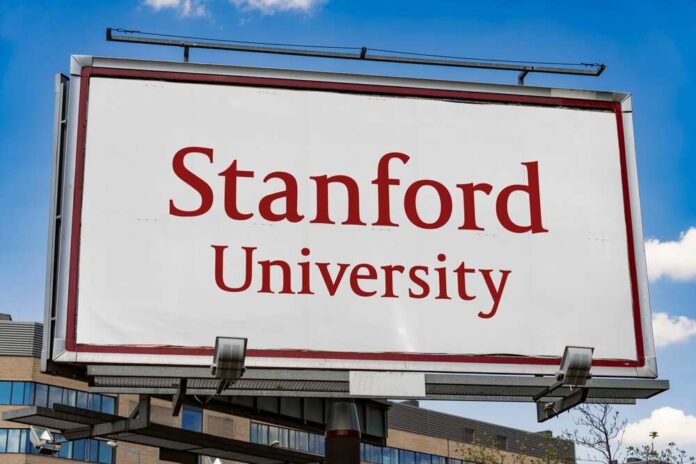
Congressman Jim Jordan (R-Ohio) has issued a warning to Stanford University, threatening to enforce a subpoena if the institution fails to provide information regarding the censorship of its Internet Observatory program.
#BREAKING: @Jim_Jordan threatens contempt of the Stanford Internet Observatory pic.twitter.com/6FaqKjqDNZ
— House Judiciary GOP (@JudiciaryGOP) June 1, 2023
The documents requested pertain to the Stanford Internet Observatory’s involvement and acknowledgment in suppressing “disfavored speech.” Stanford has been given until June 14 to comply with Jordan’s demands.
Critics have taken issue with two projects under the Stanford Internet Observatory (SIO) program that employ the Jira Ticketing System to flag “alleged misinformation.”
These projects, namely the Election Integrity Partnership (EIP) and the Virality Project (VP), faced scrutiny in parts 18 and 19 of the Twitter Files for their collaboration with the federal government in censoring opinions.
The EIP and VP projects focused on voter fraud during the 2022 election and COVID vaccine-related matters. The House Judiciary Committee’s Select Subcommittee on the Weaponization of the Federal Government is seeking clarification regarding censorship on social networking sites.
Jordan asserts that SIO had knowledge of and actively supported the implementation of this censorship. In the letter, Jordan highlighted that individuals affiliated with SIO tracked specific posts and narratives through the Jira ticketing system and shared them with social media.
He further stated that both public and non-public information obtained by the committee indicates social media platforms moderate content based on these tickets shared by Stanford personnel. Jordan demanded the submission of “all Jira tickets and related communications to social media companies, which document purportedly false content posted online.”
The subpoena issued by the chairman also calls for the submission of communications between SIO and the Executive Branch concerning content moderation since January 2020, as well as documents related to grants, contracts, and federal government funding dating back to January 2015.
Jordan mentioned Stanford’s attorney, John Bellinger III from Arnold & Porter Kaye Scholer LLP, confirmed the university possessed relevant documents regarding the Jira tickets but refused to produce them.
During his testimony before the subcommittee, Michael Shellenberger, who reported on the groups involved in the Twitter Files, accused the Election Integrity Partnership of being the “seed of the censorship industrial complex.” Shellenberger criticized their actions, stating they were not interested in starting a national debate on the limits of the First Amendment.
He argued they compiled blacklists of individuals and pressured social media platforms to censor and ban those listed. Shellenberger further alleged that the Virality Project engaged in similar censorship practices related to the mishandling of COVID-19.
The standoff between Congressman Jordan and Stanford University raises significant concerns about the suppression of free speech and the role of academic institutions collaborating with social media.














